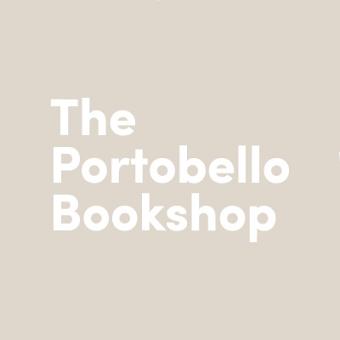English Science: Bacon to Newton
Format:Hardback
Publisher:Cambridge University Press
Published:24th Apr '87
Currently unavailable, our supplier has not provided us a restock date
This hardback is available in another edition too:
- Paperback£36.99(9780521316835)

This book will be of consuming interest to thoughtful readers who care about the history of their own language.
This anthology documents the effect of Bacon's ideas in the remarkably fruitful period following 1660. It includes his sketch of a scientific research institute in the New Atlantis (1627), which inspired the founding of the Royal Society in 1662, as acknowledged by Thomas Sprat in its History, excerpted here.Seventeenth-century England witnessed an unprecedented flourishing of natural philosophy, inspired by Francis Bacon's call for a new science based on observation and experiment, to be carried out in collective research projects,whose findings would be communicated in clear language. This anthology documents the effect of Bacon's ideas in the remarkably fruitful period following 1660. It includes his sketch of a scientific research institute in the New Atlantis (1627), which inspired the founding of the Royal Society in 1662, as acknowledged by Thomas Sprat in its History, excerpted here. Bacon's plea for an appropriate language for science also affected the Royal Society, as Sprat records, and gave birth to a number of schemes for man-made artificial languages, represented here by John Wilkins's Essay Towards a Real Character and a Philosophical Language (1668). The selections are accompanied by a general introduction, extensive notes, contemporary illustrations, a glossary of obsolete and technical terms and an updated bibliography.
'The editor offers a concise introduction to the works which highlight the importance of Bacon, the functions of the Royal Society, the relations between science and language and the impact of the former on the latter … There are excellent notes to the texts and eleven nicely placed plates. Apart from the illustration of prose style, the extracts clearly show the influence of Bacon's ideas, especially concerning the manner in which experimental results should be presented, on the major writings of the 1660s. For such reason this book is a good text for undergraduates, including those at an early stage in their studies.' Social Studies of Science, 18 (1988): 755
'Brian Vickers's collection brings together extracts from the writings of English experimental philosophers of the seventeenth century. Its appearance … is a welcome sign of attempts to build bridges between literary studies and the history of science. The focus is well chosen: the experimentalists of the early Royal Society are an identifiable group, with a distinctive style of doing and writing natural philosophy, producing what Vickers calls 'the prose of experiment'. This is well represented here by extracts from a number of well-known works: Robert Boyle's Sceptical Chymist, Henry Power's Experimental Philosophy, Robert Hooke's Micrographia and Thomas Sprat's History of the Royal Society. Francis Bacon, whose writing inspired this group, is rightly given first place in the anthology, with his works Preparative Towards a Natural and Experimental History and New Atlantis. At the end of the period covered, the inclusion of Isaac Newton's New Theory about Light and Colours (1672) enables the reader to see the Baconian style of experimental writing being transformed into a more theoretical and axiomatic one. The presentation of the texts is of a high standard, and will unquestionably be useful for students. Helpful notes, a glossary and a select bibliography are provided.' British Journal for the History of Science, 21 (1988): 362-3
ISBN: 9780521304085
Dimensions: 216mm x 138mm x 10mm
Weight: 420g
256 pages